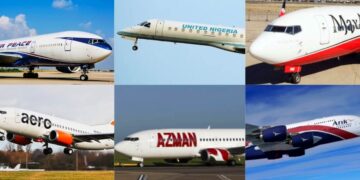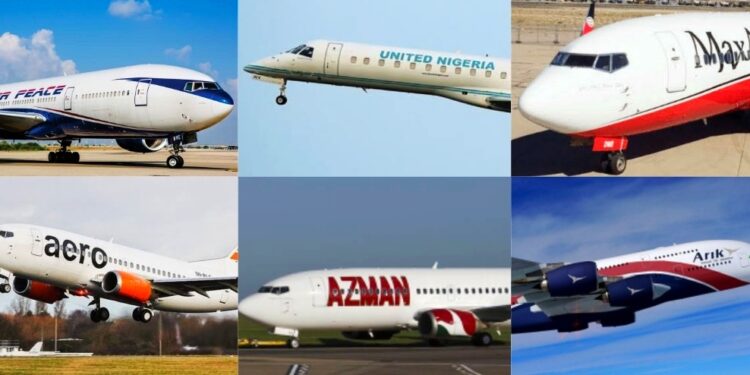By John Ikani
The Nigeria Civil Aviation Authority (NCAA) has issued an All Operator’s Letter (AOL) alerting airline operators of incidents of fuel contamination in the aviation industry.
The urgent notification came in the wake of a startling discovery involving one of Max Air’s aircraft, where a substantial volume of water was found in the fuel tank, leading to the suspension of all Boeing 737 aircraft in their fleet.
Reacting swiftly to the incident, the NCAA promptly dispatched a team of investigators to key locations – Lagos, Kano, and Abuja – where the affected airline had refuelled prior to the unsettling discovery.
The discovery averted a major incident in the industry and prompted the NCAA to follow up with an AOL, cautioning operators about the risks and hazards associated with aircraft refuelling.
The AOL085, dated July 14, 2023, addressed to all airlines, aircraft operators, and aviation fuel suppliers, was signed by the Director of Airworthiness Standards at NCAA, Gbolahan Abatan, an engineer.
Stressing the importance of refuelling safety, it noted that there have been many flight mishaps in history caused by fuel contamination, particularly from water and other contaminants, leading to abnormal operation of aircraft engines.
“One of the most important topics in aviation safety is aircraft refuelling safety procedures and precautions. It is the ground handling operation with the highest risk factor as compared to other operations,” the letter emphasized.
“Over recent times, the NCAA received numerous mandatory occurrence reports from airlines and aircraft operators related to water being found in the aircraft fuel tanks.
“One such incident involved a Boeing 737 aircraft that experienced a fuel indication and gauge malfunction during flight, resulting in the drainage of a significant amount of water from the fuel tank.
The alert issued by the NCAA serves as a critical reminder to all stakeholders of the paramount importance of implementing robust aircraft refuelling safety procedures and precautions.
Such vigilance is essential to minimize the risks associated with fuel contamination incidents, ensuring the safety of passengers and crew members.




































